A lion for a pet? That could get expensive. Not to mention that wild animals don’t make good pets. But if you’re looking for a lion-hearted companion with a beautiful mane, look no further than lionhead rabbits. This new bunny breed is clever, compact, friendly, and adorable. And a lion bunny won’t try to eat you when you’re not looking.
Lionhead Rabbits: The Facts
The lionhead bunny is more than just a pretty face. It has a fascinating history and a lot of amazing qualities that you might not expect.
Like what? We’re glad you asked.
It’s a New Breed
Lionhead rabbits originated in Belgium. It became one of the most popular rabbit breeds in Europe in the 1980s and in the United States in the 1990s. However, the British Rabbit Council didn’t recognize the breed until 2002. In the United States, the American Rabbit Breeders Association only recognized this rabbit breed in 2013.
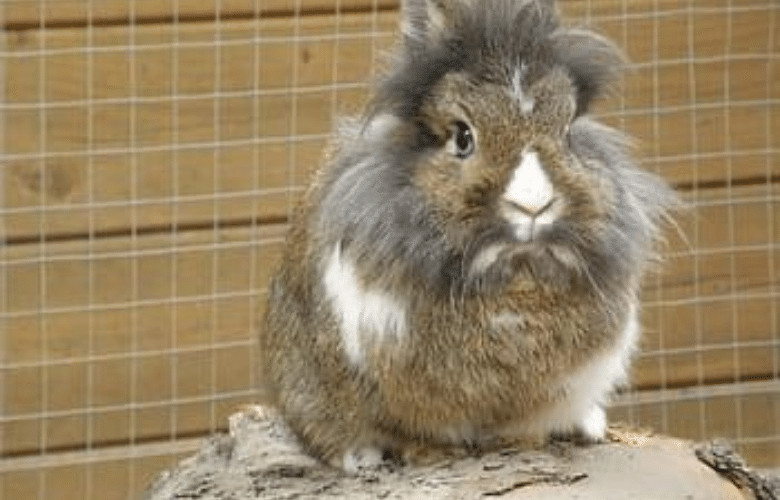
The French Federation of Cuniculture doesn’t recognize lionhead rabbits as a breed at all. Yet.
The Mane is a Happy Accident
Accounts differ regarding the exact rabbit breeds that went into today’s lionhead rabbits. Some say breeders crossed a Swiss Fox rabbit with a Netherland Dwarf. Others believe it was a Netherland Dwarf and a Jersey Wooly. In any event, breeders were attempting to create a long-coated dwarf rabbit breed but made a mini-lion instead.
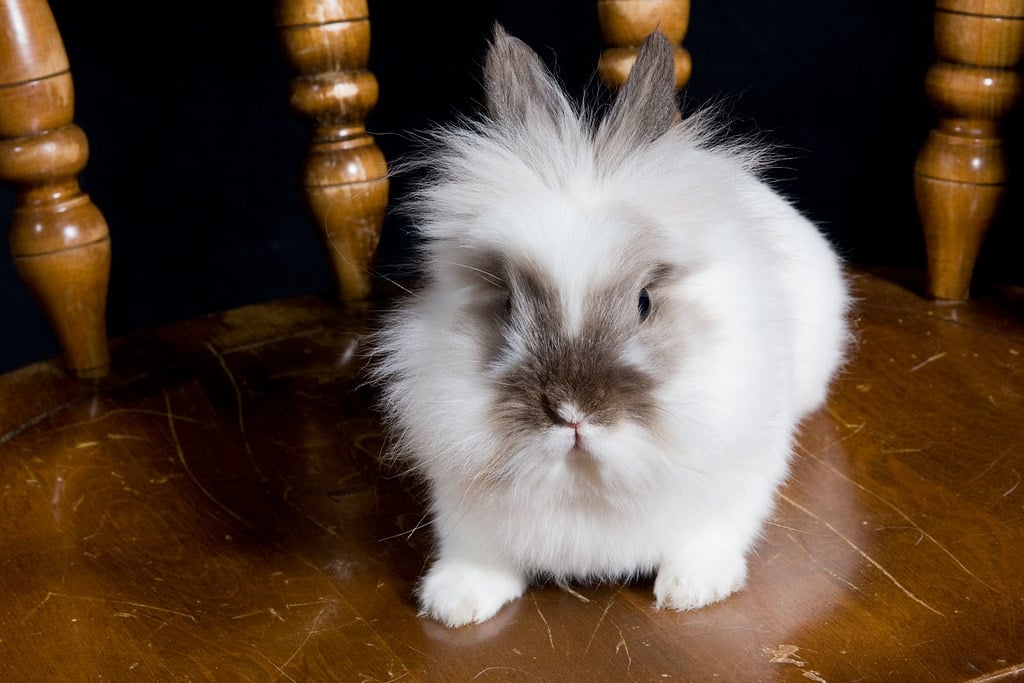
The lionhead’s characteristic mane comes from a genetic mutation that causes wool to grow around the head and on the rabbit’s sides. No one is quite sure how the mutation happened, as the “mane” gene is separate from the gene that produces wool.
The mane gene is dominant. If you cross a lionhead with a different breed, the kits will have manes.
More About the Mane
There are two “mane” varieties of lionhead rabbits. Double-mane lionhead rabbits are born with a mane and a noticeable “V” shape of long fur around their flanks. Single-mane lionheads look like ordinary rabbits when they’re born and develop their long manes later.
It’s difficult to tell double mane and single mane lionheads apart after they grow up, as other factors can influence the appearance of the fur and wool mane.
They are Small but Mighty
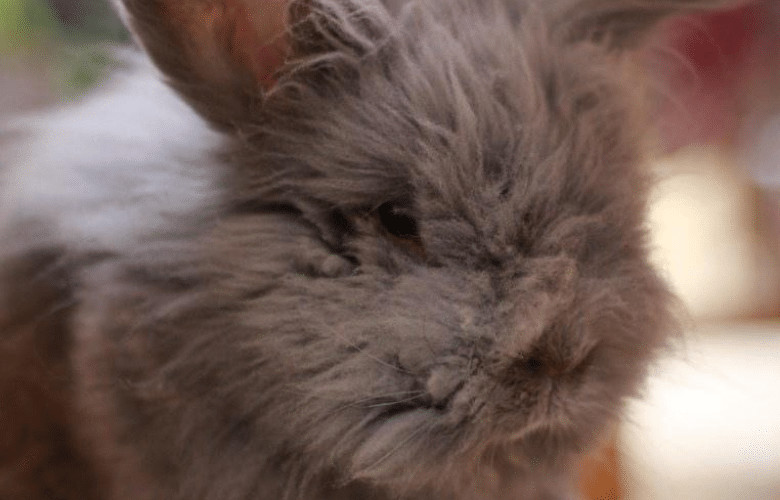
Lions are huge, but a lion rabbit is small: two to three pounds on average. That’s a bit less than half the size of most domestic rabbits. They also have very short ears.
Personality Plus
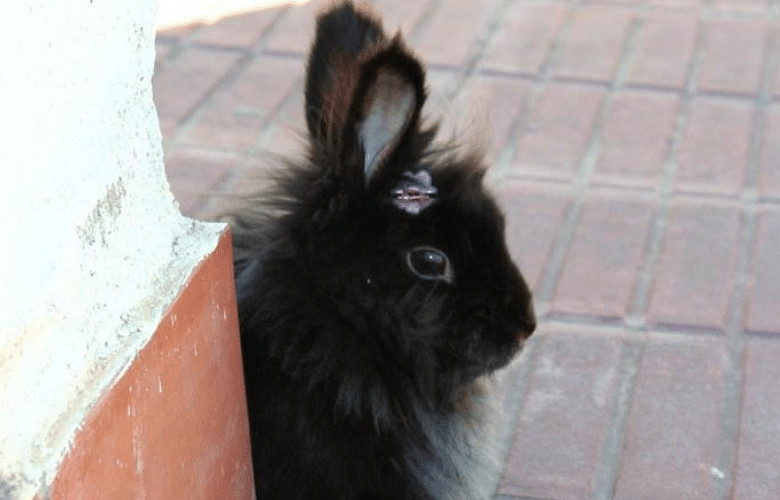
What a lionhead lacks in size, it makes up for in personality. Lionheads are outgoing and love attention. They make excellent family pets, though, like all rabbits, lionheads are too delicate to be left unattended with small children.
They are Clever
Anyone who has ever loved a rabbit knows that there’s no such thing as a “dumb bunny.” But lionhead rabbits are clever pets, even for rabbits. They love learning tricks and take very well to clicker training.
You won’t have any problem teaching your lionhead to use a litter box. And your little lion should always have plenty of toys and activities around to keep its busy mind occupied.
Lionhead Rabbits Come in Many Colours

Lionheads come in a variety of colours. Which one is your favourite?
- White
- Chinchilla
- Blue
- Black
- Chocolate
- Lilac
- Tortoise
- Silver
How to Care For Your Lionhead
Lionheads are hardy, but, like all rabbits, are prone to certain illnesses and conditions. Also, their coat requires a bit of extra TLC.
Lifespan
With proper care and feeding, you can expect your lionhead rabbit to be a part of your family for around eight to ten years.
Diet
As with all rabbits, a lionhead’s diet should consist of mostly fresh hay and grass. Many experts recommend that a rabbit eats around its own weight in hay every day.
In addition to hay, give your lionhead rabbit safe greens daily.
A rabbit’s diet can also include pellets and treats. However, pellets should not comprise the major part of any rabbit’s diet. And treats? Just like for people, the occasional treat is fine, but too much of a good thing can cause problems.
Grooming
The lionhead’s long fur will require a bit of extra care.
Check your lionhead daily for mats, tangles and knots. Use a shedding brush to give your lionhead a complete brush-out once a week.
Be very gentle. The metal bristles of a shedding brush can hurt or even tear delicate bunny skin. Never tug at tangles and mats. Instead, use scissors to cut them out if necessary.
Watch a lionhead brush-out here:
Shelter
Lion head rabbits are small, so you might think that you can get away with a small enclosure. Surprise! Your active lionhead will need the same minimum amount of space that any other rabbit needs. That is:
- Enough vertical room to stand up without its ears touching the ceiling
- The horizontal space to jump three times in a row
- Plenty of room to stretch out and relax
We like to say that a hutch is not enough, and it’s as true for a lionhead as it is for any other rabbit. In addition to adequate living space, your lionhead will need plenty of safe, enclosed, exercise space as well.
Common Lionhead Health Problems
Like all rabbits, lionheads are prone to certain ailments, including:
- Mites and other parasites
- Respiratory tract illnesses
- Gastrointestinal stasis
- Dental disease
Lionheads are also susceptible to wool block. The wool block is a buildup and eventual blockage of fur in the intestinal tract. Unlike cats, rabbits can’t regurgitate the wool they accidentally swallow while grooming themselves. Regular brushing and grooming can lower your lionhead’s chances of developing this potentially serious condition.
Uterine cancer is also common in unaltered female rabbits. Spaying your female will keep her safe from this and other reproductive ailments.
Are You Ready for a Little Lion?
No one outside of a wildlife centre is ready to care for an actual lion. But a lionhead rabbit is a bundle of fun. Lionheads are friendly, curious, and clever. They thrive with lots of attention and love to learn tricks.
Their beautiful coat may require some effort, but if you do it gently and with love, your grooming routine can become a pleasure for both of you.
Do you have a lionhead rabbit? If so, is there any advice you’d like to share? Let us know in the comments!




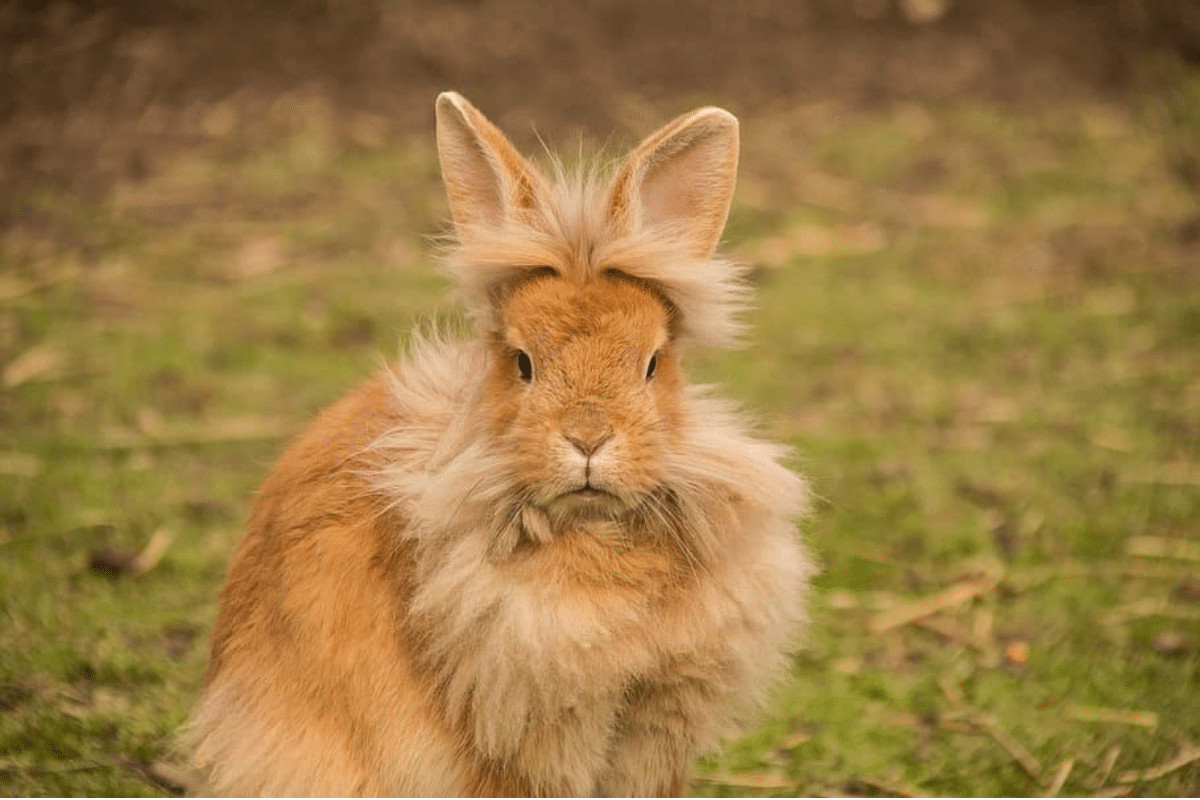
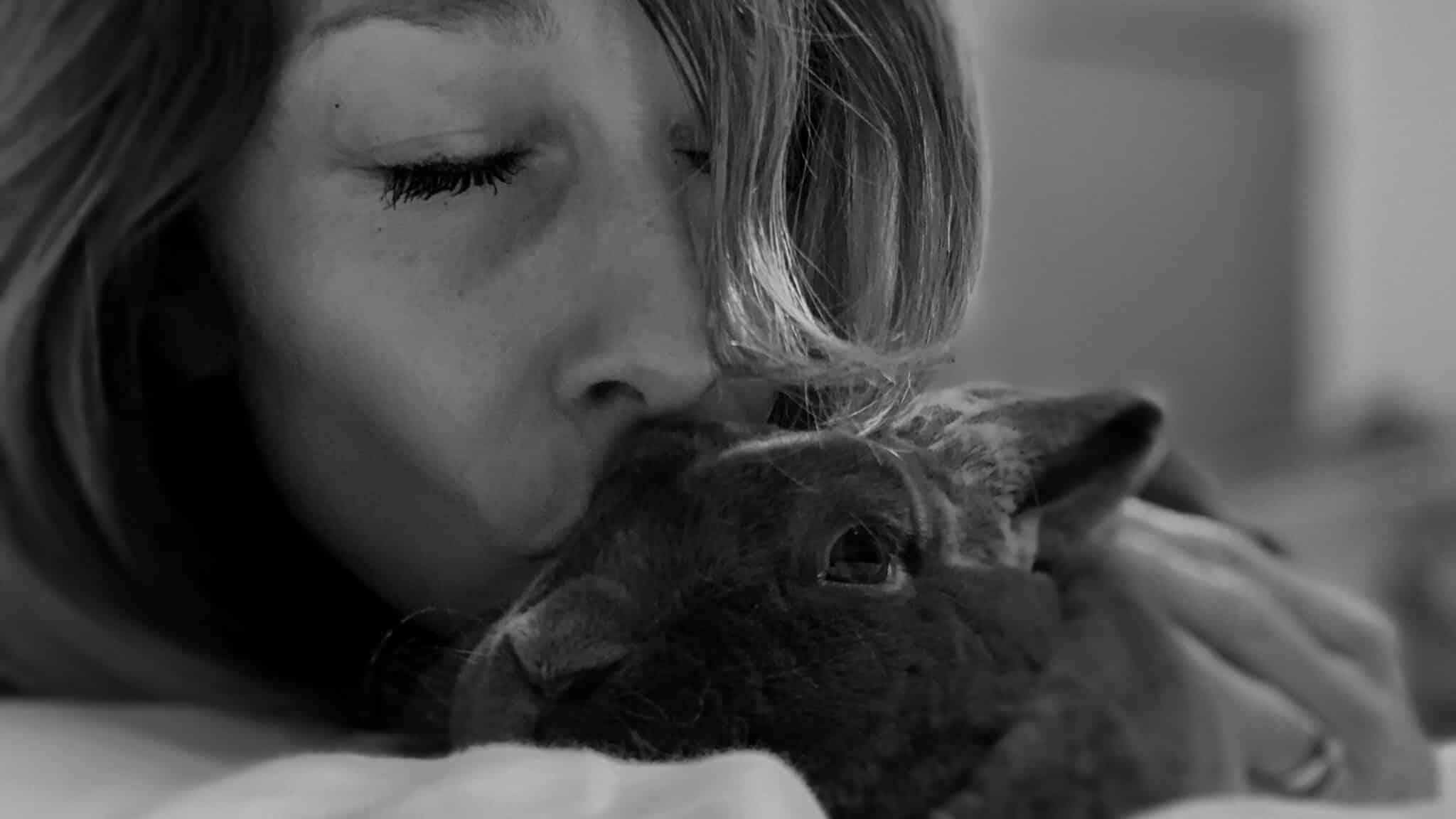

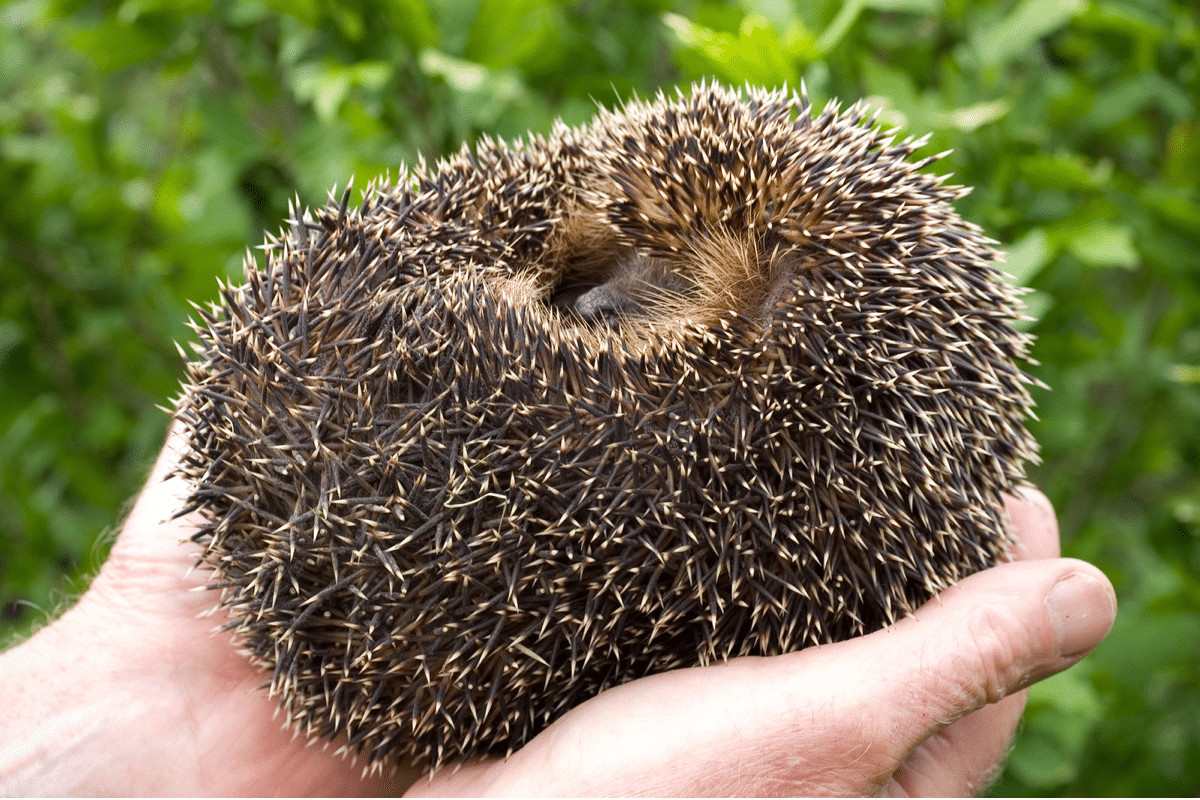
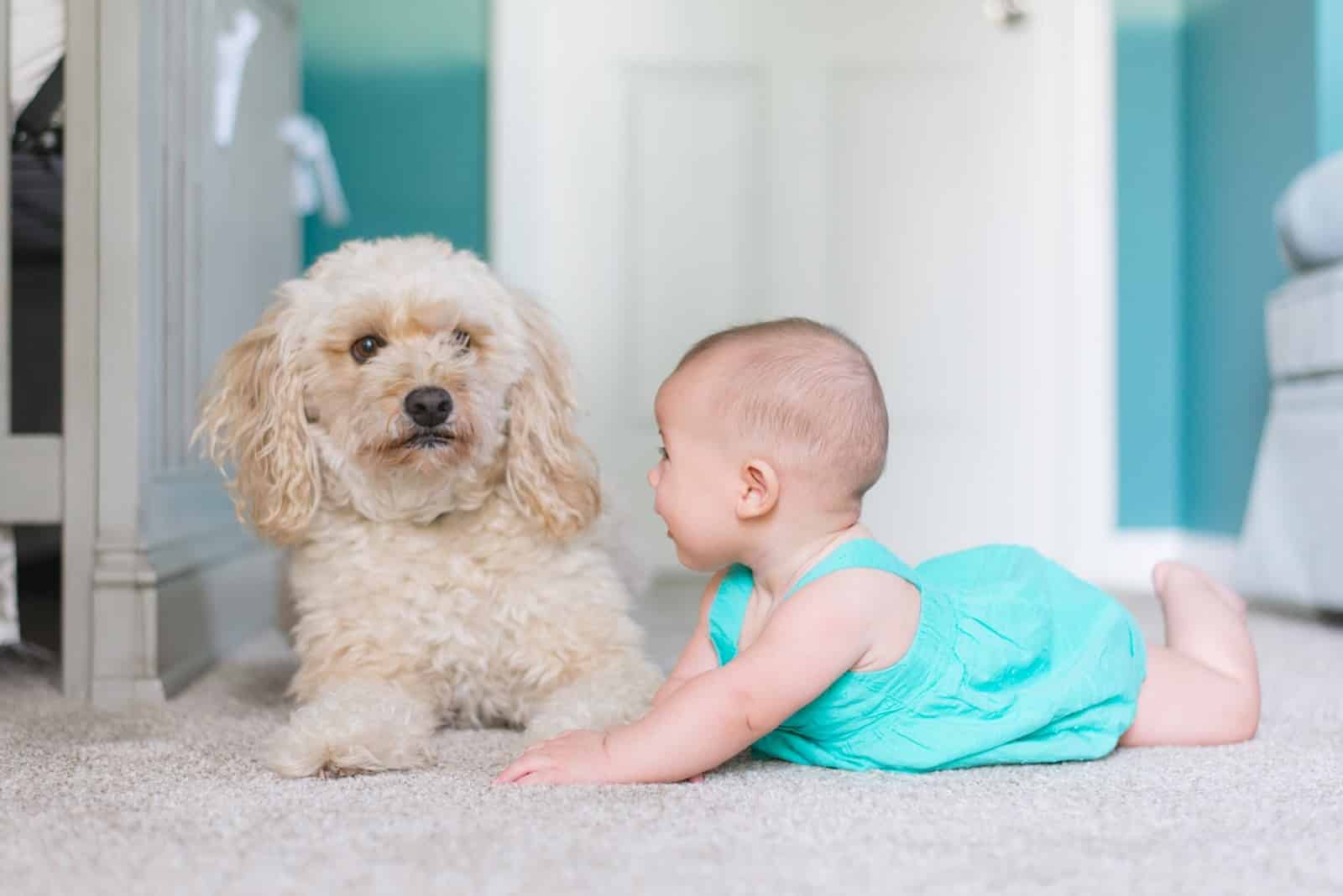

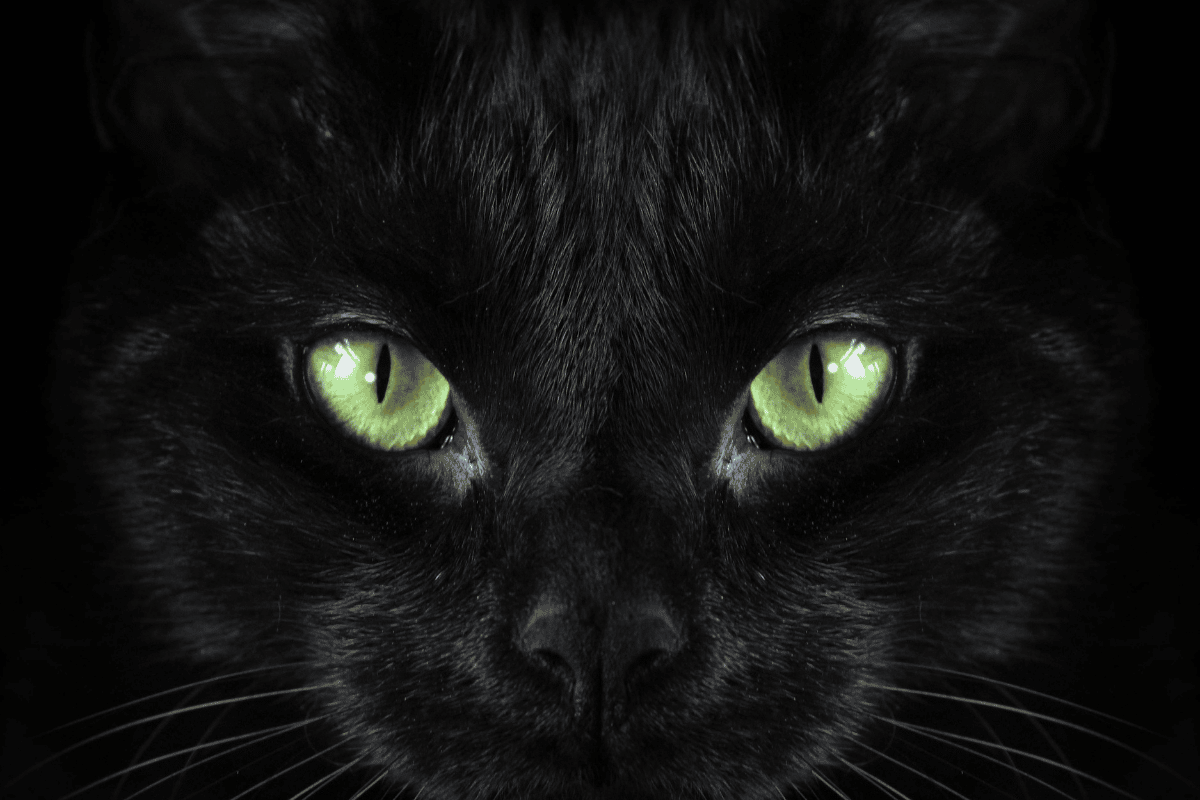



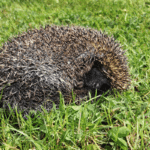


Helllo, What is best to put inside Bundy’s potty tray so does not stick to mane? Thank you! Russell
I think I was feeding our bunny to much fruit and kale! She is about 5 pounds is she to big?
What is the best shavings, hay, pellets, or other food, greens for a lion head I am a first timer and don’t know nothing